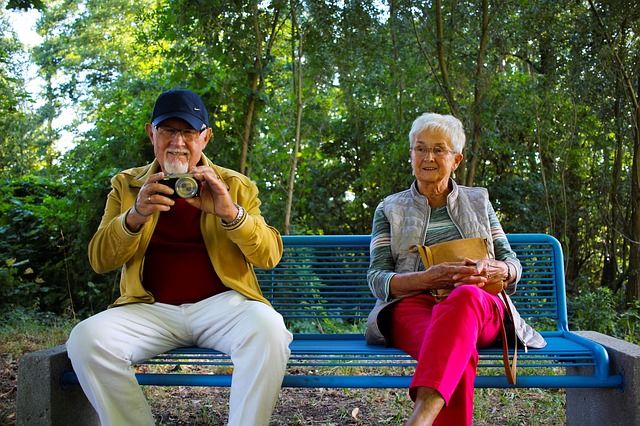Equalization of UK state pension age could leave some women facing poverty, warns WASPI

From today, the state pension age for women in the UK rises to 65, bringing it in line with men for the first time.
British men and women will now see their state pension ages rise in tandem—increasing to 66 by October 2020, and 67 by 2028. The government has also accepted the findings of an independent report authored by John Cridland, former director-general of the Confederation of British Industry, in 2017, which recommended a further rise to 68 by 2039.
“Pension systems need to be redesigned to accommodate demographic changes,” writes Marek Góra for IZA World of Labor. “Postponing adjustment simply increases the economic and social costs.”
While campaign groups like WASPI (Women Against State Pension Inequality) support equality, they are concerned with how it has been reached.
Equalization at age 65 was proposed in the Conservative Chancellor Norman Lamont’s budget in 1993, with legislation set in motion in 1995 for men and women’s entitlement to be equalized in 2020. However, the Pensions Act 2011 accelerated the process to achieve parity two years earlier, by 2018, leaving many women with little time to prepare.
WASPI stresses that: “the fact that men and women are now equal in the age they will retire makes little or no difference to the problems that women born in the 1950s face as they approach retirement.”
While the basic state pension of £125.95 a week and the “new” state pension of £164.35 a week are the same for men and women, many fewer women receive the full amounts as lower wages and broken employment periods mean they don’t have a full national insurance record.
In November 2017, the average weekly amount of state pension received by women, £126.45 per week, was 82% of that received by men (£153.99).
Women in their 60s also have a fraction of the pension savings that men have.
A spokeswoman for Waspi told the Guardian: “Clearly, equalisation is not simply just about the age you reach retirement, but also about your ability to accrue a full state pension entitlement, and generate a private pension to have any hope of security in retirement.”
Góra believes that “Governments need to make pension systems more transparent and make adjustments to reduce the burden on workers, returning pension systems to a social role.”
Read more articles on aging populations and pensions reform.